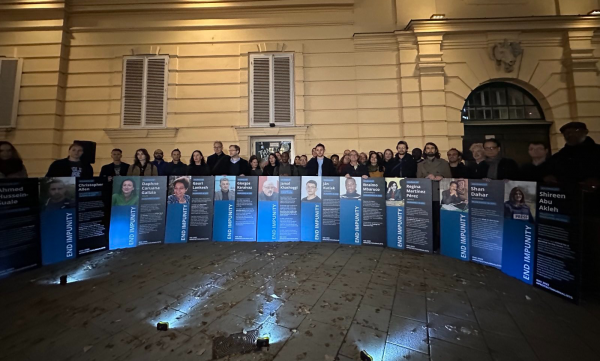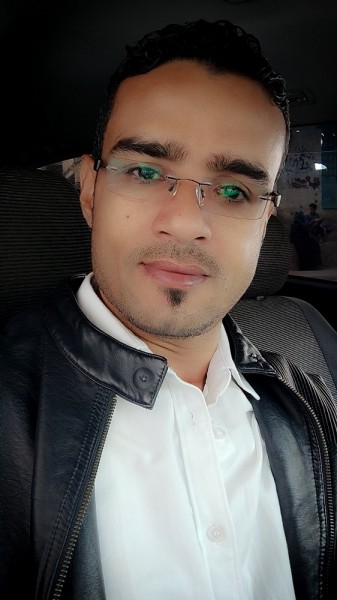The International Press Institute (IPI) expressed satisfaction today at the release of Yemeni journalist Abdulelah Haider Shaye from prison after three years, but urged authorities in Yemen not to further restrict the journalist by placing him under house arrest.
Previously, the United States government had reportedly pressured Yemeni authorities not to free Shaye, who covered al-Qaeda for various media but was later charged with involvement with terrorism himself despite an apparent lack of evidence. At its 62nd General Assembly meeting at its 2013 World Congress in May in Amman, Jordan, IPI called on Yemen to release the journalist in the absence of credible evidence linking him with al-Qaeda or any terrorist activity.
“We are relieved by the Yemeni government’s decision to release Abdulelah Haider Shaye from prison,” IPI Director of Communications and Public Relations Anthony Mills said. “We remind Yemen, however, that reporting on terrorists and terrorism does not make someone a terrorist. Journalists have the right to report on a broad array of issues and views, including those of militant or terrorist groups. We therefore urge authorities there to release Shaye from the remaining two years of house arrest so that he can continue his work.”
Shaye, 36, had spent the past three years in a Sana’a prison for alleged ties to al-Qaeda, before his release on Tuesday, according to international sources. He worked for the Yemeni state news agency Saba, reporting on terrorism, and was often in contact with militants, tribesmen, and other officials.
Shaye came to international prominence in December 2009 when he revealed that an attack on Al-Ma’jalla, an alleged al-Qaeda training camp in Abyan, south Yemen, was not carried out by Yemeni forces, but by a U.S. drone. According to Amnesty International, 41 local residents, including 21 children and 14 women, were killed in that attack.
In 2009, Shaye also interviewed US-born radical cleric and regional al-Qaeda leader Anwar Al-Awlaqi for an Al-Jazeera article. From then on Yemeni and American authorities considered him as an al-Qaeda collaborator. Security forces then questioned Shaye about his reports in July 2010 and arrested him on August 16, 2010. Shaye was subsequently sentenced to five years in prison and two years of house arrest by a special terrorism court in Sana’a in January 2011 on a charge of participating in an armed group and having links with Al-Qaeda.
The Yemeni government announced in February 2011 that he would be released in accordance with a decree issued by then President Ali Abdullah Saleh, but he remained in detention, allegedly due to pressure from the United States. In a phone call to then-Yemeni president Ali Abdullah Saleh, President Obama expressed concern over Shaye’s possible release. The journalist was consequently held in prison for the next two years.
In a letter published in The Yemen Times, Shaye wrote, “Actually the only person responsible for kidnapping and detaining me is Obama”. To protest his detention, the journalist reportedly went on a hunger strike in February 2012, IPI reported.
In addition, several journalists, human rights groups and media freedom organizations, including IPI, condemned Shaye’s continued detention and called for his release.


